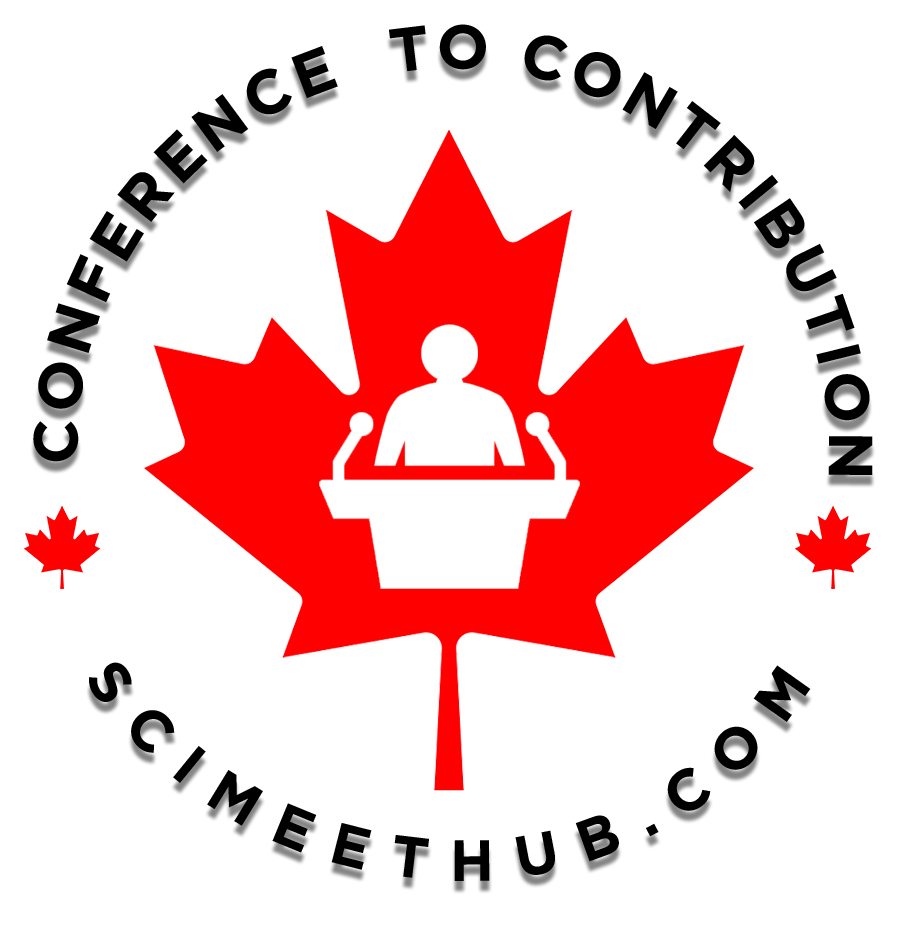Sessions/Tracks
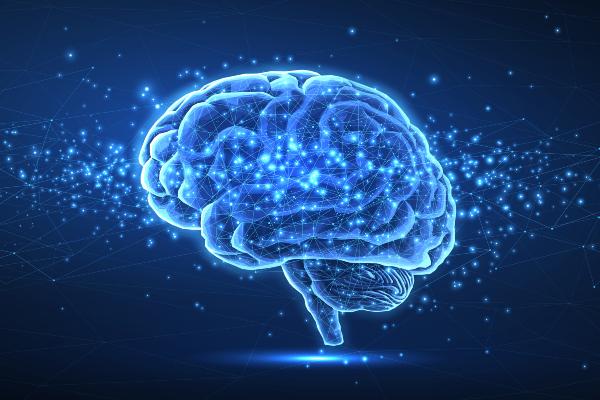
Track 1:
Adult Neurogenesis & Aerobic Exercise
Recent studies highlight how aerobic exercise can stimulate adult neurogenesis, offering profound benefits for memory, cognition, and mental health. This track explores the biological mechanisms linking physical activity with neural plasticity and its role in preventing neurodegenerative diseases. Experts will discuss how exercise-induced brain changes influence learning and emotional resilience across the lifespan. The session also examines interventions combining exercise with clinical therapies to maximize brain health outcomes. Insights into translational research will emphasize personalized exercise regimens for cognitive rehabilitation. By integrating neuroscience, physiology, and clinical practice, this track presents exercise as a cornerstone for sustainable brain health.
- Exercise-induced hippocampal neurogenesis and memory enhancement
- Aerobic interventions in aging, dementia, and cognitive resilience
- Translational models linking physical activity and mental health outcomes
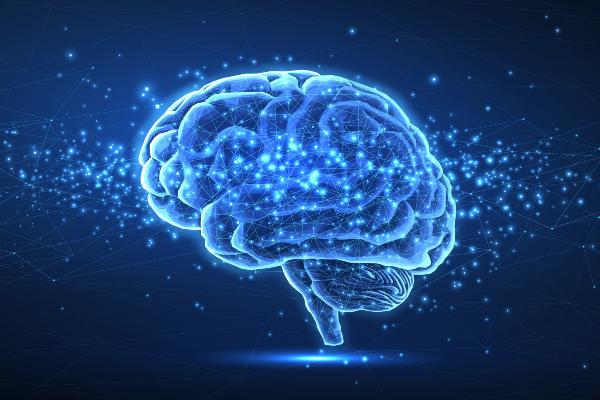
Track 2:
Psychedelic Therapies for Anxiety
The therapeutic potential of psychedelics is reshaping approaches to treatment-resistant anxiety and related disorders. This track examines the neurobiological pathways through which substances such as psilocybin and MDMA modulate fear responses and promote psychological flexibility. Clinical evidence demonstrating lasting improvements in anxiety management will be a central focus. Experts will also address protocols for safe administration, therapist training, and integration of psychedelic-assisted therapy. Discussions will balance innovation with ethical, cultural, and regulatory considerations. By bridging neuroscience and psychiatry, this track highlights psychedelics as a transformative frontier in anxiety treatment.
- Mechanisms of psychedelic-induced neuroplasticity in anxiety regulation
- Clinical trial outcomes of psychedelic-assisted therapies
- Ethical, cultural, and regulatory frameworks in psychedelic medicine
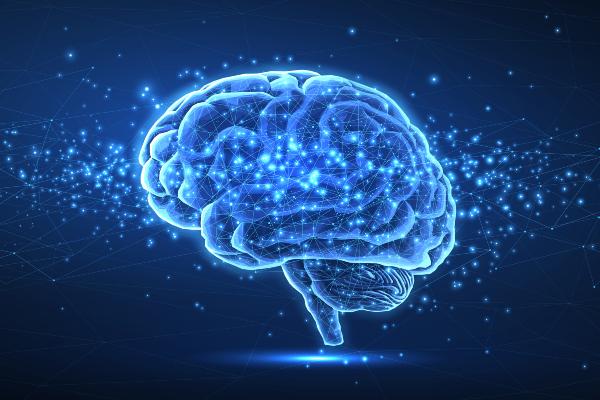
Track 3:
Precision Psychiatry: Genetically Guided Antidepressants
Precision psychiatry aims to revolutionize mental health treatment by tailoring antidepressant therapies to individual genetic profiles. This track explores how pharmacogenomics can improve response rates, minimize side effects, and guide clinical decision-making. Case studies will highlight the integration of genetic testing in psychiatric practice, emphasizing real-world applicability. Experts will also discuss the challenges of scaling genetic-guided care in diverse populations. By combining genomics, big data, and psychiatry, the sessions will map the future of highly personalized interventions. This track positions precision psychiatry as a bridge between biology and individualized mental health care.
- Pharmacogenomic biomarkers predicting antidepressant efficacy
- Clinical decision support tools for genetically informed prescribing
- Population diversity and equity in genetic-based psychiatry
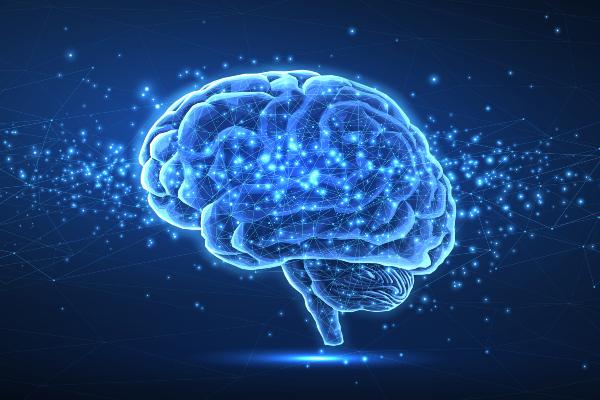
Track 4:
Game-Like Neuromodulation for PTSD & Depression
Gamified neuromodulation offers innovative strategies to enhance patient engagement and improve outcomes in PTSD and depression. This track explores how interactive, game-based brain stimulation and cognitive exercises can modulate neural circuits associated with mood regulation and trauma recovery. Research on neurofeedback, virtual reality, and adaptive training protocols will be highlighted. The session emphasizes how playful, immersive interventions can increase adherence while driving measurable neurophysiological changes. Translational applications in clinical settings and individualized therapy design will also be discussed. By combining neuroscience, psychology, and technology, this track reimagines mental health treatment as interactive and patient-centered.
- Neurofeedback-driven game interventions for PTSD recovery
- VR and gamified cognitive therapy for depressive disorders
- Measuring neuroplasticity and treatment efficacy in gamified protocols
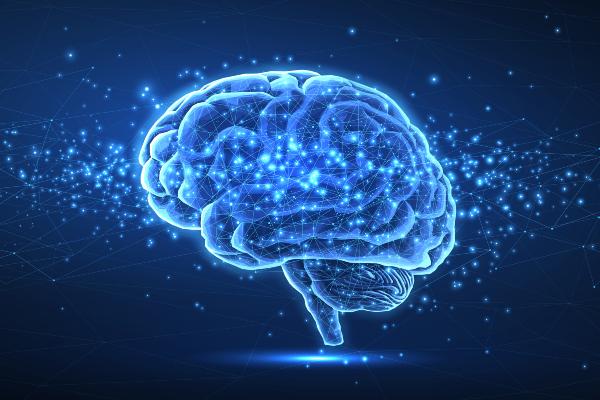
Track 5:
Neuromodulation Services in Clinical Psychiatry
Neuromodulation therapies, including TMS, tDCS, and DBS, are rapidly advancing psychiatric care. This track examines the latest clinical applications, treatment protocols, and patient selection criteria for various neuromodulation techniques. Discussions will focus on optimizing therapy outcomes, safety, and accessibility in routine practice. Integration with pharmacological and psychotherapeutic interventions will also be highlighted. Experts will present evidence from emerging trials and real-world implementations. Attendees gain insight into how neuromodulation is transforming approaches to treatment-resistant mood, anxiety, and neurodevelopmental disorders.
- Protocol optimization and individualized neuromodulation strategies
- Combining neuromodulation with psychotherapy and pharmacotherapy
- Safety, accessibility, and long-term efficacy of clinical neuromodulation
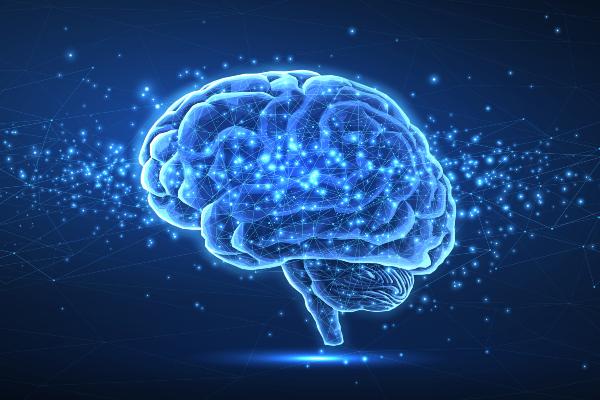
Track 6:
Lab-Grown Human Assembloids Mimicking Pain Circuits
The development of lab-grown assembloids allows researchers to replicate human pain circuitry in vitro, enabling unprecedented study of mechanisms underlying chronic pain. This track explores how these 3D neural models advance drug discovery, personalized therapeutics, and understanding of pain processing. Sessions will discuss ethical, technical, and translational challenges in constructing functional assembloids. Insights into integrating genetic, cellular, and network-level data to model pain pathways will be emphasized. By bridging experimental neuroscience and clinical relevance, these models offer a platform for precision medicine in pain management.
- Engineering assembloids to replicate nociceptive and pain networks
- Drug screening and therapeutic innovation using lab-grown neural models
- Ethical and translational considerations in human-derived neural tissues
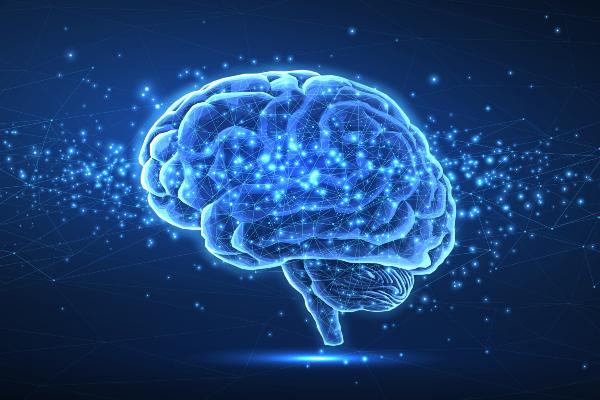
Track 7:
Ethical Frontiers in Consumer Neurotechnology
As neurotechnology enters consumer markets, questions about privacy, cognitive enhancement, and long-term effects have become urgent. This track addresses the ethical and societal implications of devices designed for brain monitoring, neurofeedback, and cognitive augmentation. Discussions will include regulatory frameworks, user consent, and potential disparities in access. Case studies of real-world consumer devices, their applications, and risks will be presented. By exploring the intersection of ethics, policy, and innovation, this track guides responsible adoption of neurotechnology in everyday life.
- Privacy, data security, and informed consent in consumer neurotech
- Cognitive enhancement: benefits, risks, and societal impact
- Regulatory standards and responsible innovation for neurodevices
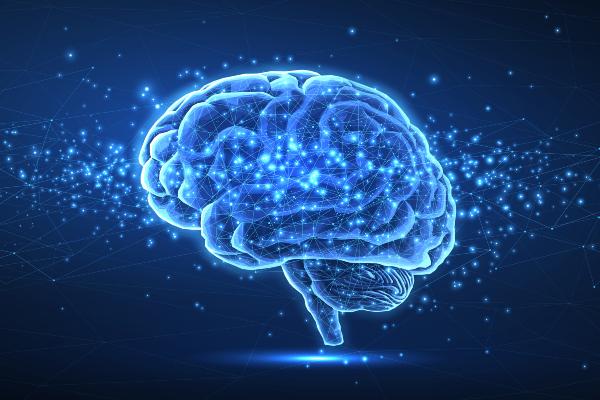
Track 8:
Digital Twins & Personalized Brain Modeling
Digital twins—virtual replicas of individual brains—enable predictive modeling and precision neuroscience. This track explores how computational simulations can forecast disease progression, optimize therapy planning, and personalize interventions in neuropsychiatric disorders. Attendees will learn about integrating multimodal data, including imaging, genetics, and electrophysiology, to construct accurate digital representations. Applications in rehabilitation, drug response prediction, and early diagnosis will be emphasized. Challenges such as model validation, interpretability, and ethical considerations will also be discussed. By bridging digital modeling with clinical neuroscience, this track exemplifies the next frontier in personalized brain health.
- Creating multimodal digital brain twins for predictive modeling
- Clinical applications in therapy optimization and early disease detection
- Ethical, interpretive, and translational challenges in personalized models
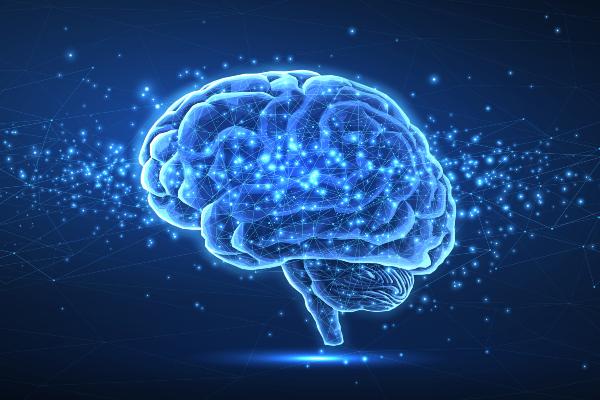
Track 9:
Computational Psychiatry & Predictive Modeling
Computational psychiatry leverages algorithms and data-driven models to predict mental health outcomes and optimize interventions. This track explores how machine learning, network analysis, and simulation models can improve diagnosis, prognosis, and individualized treatment planning. Attendees will learn how computational approaches bridge clinical data with neurobiological insights. Case studies on predicting treatment response in depression, anxiety, and psychosis will be highlighted. Ethical considerations, interpretability, and clinical translation of predictive models will be discussed. This track emphasizes precision psychiatry through computational innovation.
- Machine learning models for predicting psychiatric outcomes
- Integration of neuroimaging and behavioral data in computational psychiatry
- Translational challenges and ethical considerations in predictive modeling
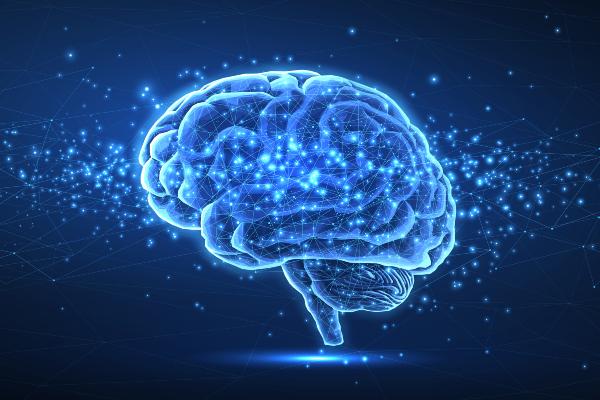
Track 10:
AI-Driven Mental Health Diagnostics
Artificial intelligence is revolutionizing mental health diagnostics by enabling faster, objective, and personalized assessments. This track focuses on AI applications in detecting mood disorders, cognitive decline, and behavioral anomalies. Discussions include natural language processing, facial expression analysis, and wearable data integration for real-time evaluation. Experts will present insights on clinical validation, algorithmic bias, and ethical deployment in healthcare. Practical examples of AI-enhanced triage and early intervention strategies will be examined. Attendees gain a vision of how AI can complement clinical expertise while enhancing diagnostic precision.
- AI-based early detection and screening tools in psychiatry
- Multimodal data integration for accurate mental health assessment
- Addressing bias, ethics, and validation in AI-driven diagnostics
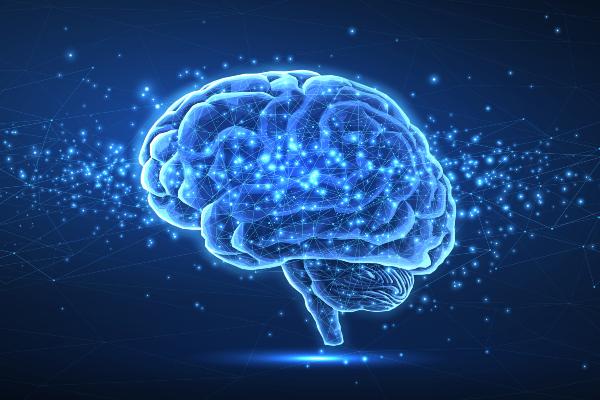
Track 11:
EEG Generalization Across Subjects & Tasks
EEG is a powerful tool for understanding neural dynamics, but translating findings across individuals and tasks remains challenging. This track explores methods to enhance generalizability, reproducibility, and real-world applicability of EEG studies. Topics include advanced signal processing, cross-subject decoding, and task-independent brain pattern analysis. Applications in cognitive neuroscience, neurofeedback, and clinical monitoring will be emphasized. The track also discusses innovations in wearable EEG and scalable neurotechnology. Attendees will learn strategies to bridge lab research with diverse populations and settings.
- Cross-subject EEG decoding and pattern recognition
- Applications in cognitive assessment and neurofeedback
- Wearable EEG and real-world monitoring innovations
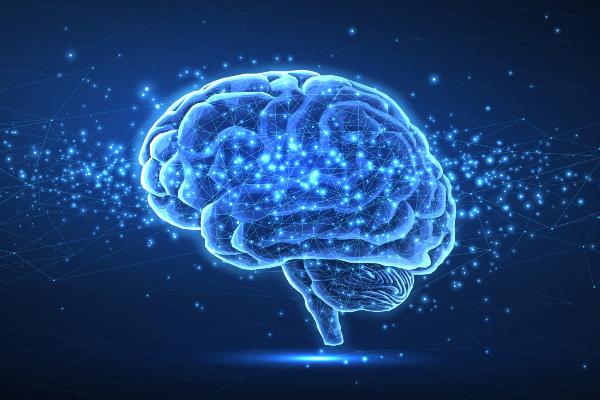
Track 12:
Network Science Mapping the Brain
Network science provides insights into the brain’s complex connectivity and functional organization. This track focuses on mapping structural and functional brain networks using graph theory, connectivity analysis, and computational modeling. Applications include understanding neurological disorders, cognitive function, and treatment response. Attendees will explore multimodal imaging integration, biomarkers, and translational implications for clinical neuroscience. The track emphasizes the interplay between neural networks, behavior, and cognition. By visualizing and modeling connectivity, researchers can uncover mechanisms underlying mental health and neurodegeneration.
- Graph-theoretical approaches in brain network analysis
- Multimodal imaging for functional and structural connectivity
- Clinical applications of network neuroscience in disease mapping
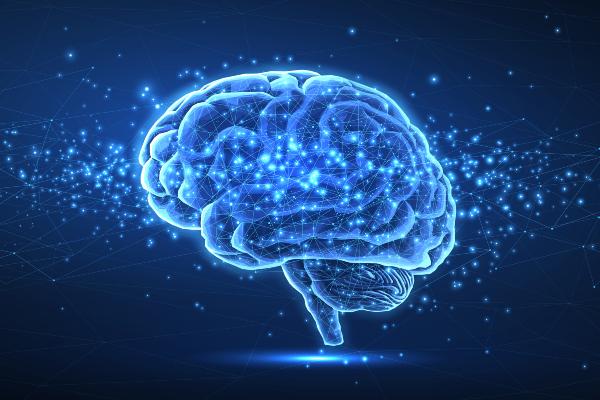
Track 13:
Skin–Brain Axis & Neurocosmetics
The skin–brain axis highlights the interplay between dermatology, neurology, and psychophysiology. This track explores how stress, inflammation, and neurochemical signals influence skin health, perception, and cosmetic outcomes. Researchers will present studies on neurocosmetics, topical neuromodulators, and psychodermatology interventions. Clinical relevance for anxiety, chronic skin conditions, and sensory disorders will be discussed. Attendees gain insights into translational approaches connecting dermatology, neuroscience, and patient well-being. This track underscores innovative therapeutic strategies at the interface of mind and skin.
- Psychodermatology: stress, anxiety, and skin health
- Neurocosmetic interventions and topical neuromodulation
- Translational studies linking skin and brain function
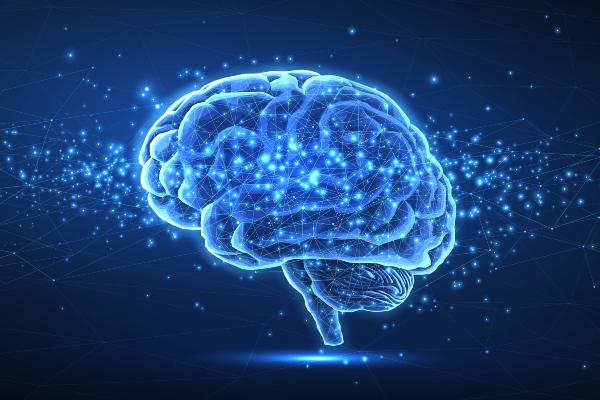
Track 14:
Computational Modeling of Consciousness
Understanding consciousness remains one of neuroscience’s greatest challenges. This track explores computational and theoretical models that aim to decode awareness, self-perception, and cognitive integration. Sessions include predictive coding, global workspace theory, and network-level simulations. Attendees will examine the implications for neuropsychiatric disorders, AI, and human-computer interaction. Ethical discussions on consciousness manipulation and measurement are also included. By integrating theory, modeling, and experimentation, this track bridges philosophical inquiry and cutting-edge neuroscience.
- Network-based computational theories of consciousness
- Modeling disorders of consciousness and cognitive impairment
- Ethical and translational considerations in consciousness research
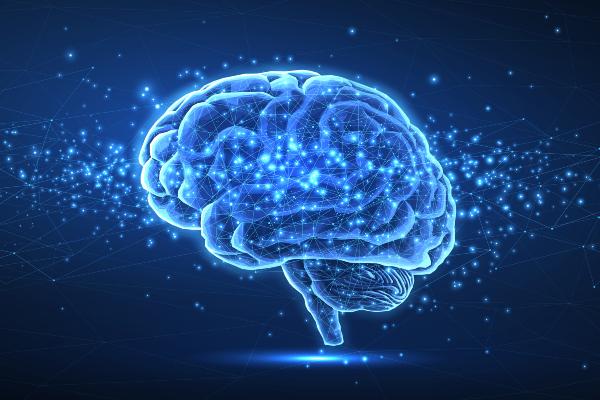
Track 15:
Cultural Neuroscience: Behavior Meets Biology
Cultural neuroscience investigates how cultural experiences shape brain function, cognition, and behavior. This track highlights cross-cultural research on emotion, perception, decision-making, and social interaction. Attendees will explore how neuroimaging, behavioral assays, and computational tools reveal the interaction between biology and culture. Implications for mental health, global psychiatry, and personalized interventions are discussed. The track also addresses diversity, equity, and inclusion in neuroscience research. By integrating culture and biology, researchers gain a holistic understanding of human cognition.
- Cross-cultural neuroimaging studies of cognition and emotion
- Sociocultural influences on psychiatric outcomes
- Diversity and inclusion in neuroscience research
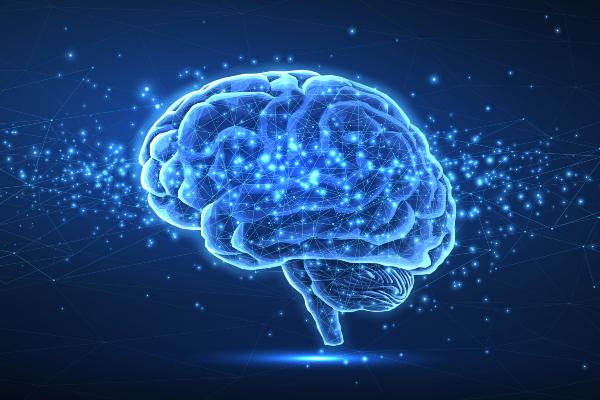
Track 16:
Contemplative Neuroscience & Mindfulness
Mindfulness and contemplative practices are increasingly recognized for their impact on brain function and mental health. This track explores neural mechanisms underlying meditation, yoga, and attention training. Research on emotion regulation, stress resilience, and cognitive flexibility will be highlighted. Practical applications in clinical therapy, neurorehabilitation, and performance optimization are discussed. Attendees will also learn about neuroimaging studies, EEG correlates, and longitudinal outcomes of contemplative interventions. By linking practice with neuroscience, this track emphasizes brain health through awareness and self-regulation.
- Neural correlates of mindfulness and meditation
- Stress reduction and emotion regulation through contemplative practice
- Clinical and performance applications of mindfulness-based interventions
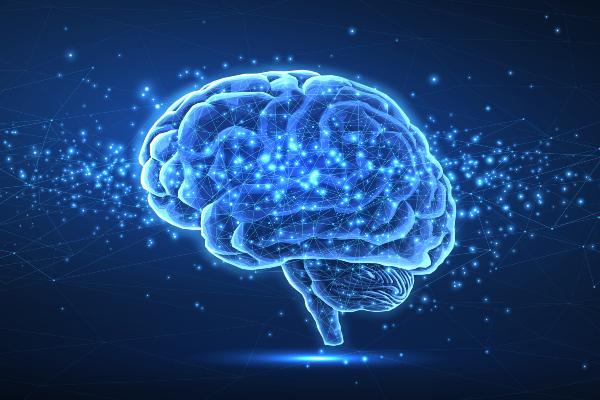
Track 17:
Neuroethics: Memory, Organoids & Cognitive Diversity
Emerging technologies in neuroscience raise complex ethical questions regarding memory manipulation, brain organoids, and cognitive enhancement. This track examines moral, legal, and societal considerations surrounding neurotechnology. Discussions include research ethics, patient consent, cognitive equity, and long-term consequences of interventions. Attendees will explore how ethical frameworks guide responsible innovation in neuroengineering, mental health, and education. The track highlights the importance of aligning scientific advances with human values and diversity.
- Ethical considerations in memory manipulation and enhancement
- Human brain organoids: research and ethical guidelines
- Cognitive diversity, equity, and responsible neurotechnology
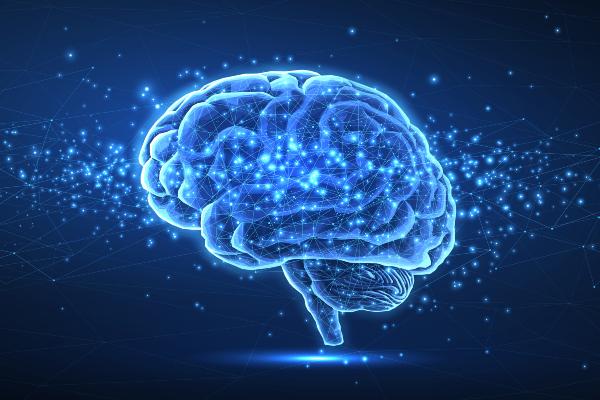
Track 18:
Affective Neuroscience: Emotion Regulation Mechanisms
Affective neuroscience investigates how emotions influence cognition, behavior, and mental health. This track focuses on neural circuits involved in emotional regulation, reward processing, and stress responses. Research on affective disorders, neuroimaging, and psychophysiological assessments will be discussed. Applications include mood disorder treatment, biofeedback interventions, and social neuroscience. Attendees will gain insights into how understanding emotions at the neural level can improve mental health outcomes. This track bridges basic neuroscience with translational and clinical applications.
- Neural circuitry of emotion regulation and reward
- Translational applications for mood and anxiety disorders
- Social and affective neuroscience research innovations
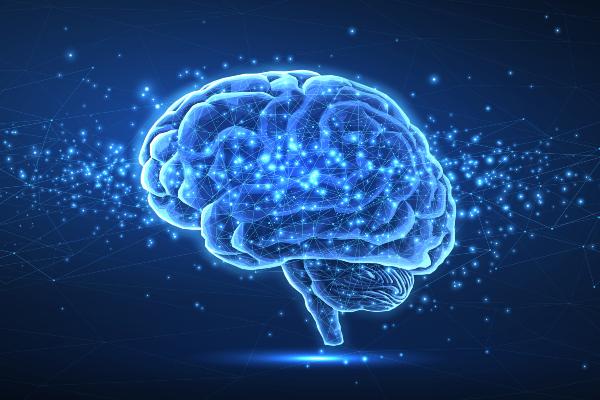
Track 19:
Neurotechnology in Pediatric & Behavioral Neuroscience
Neurotechnology is transforming pediatric and behavioral neuroscience, enabling early detection and intervention in developmental and psychiatric disorders. This track explores wearable devices, brain-computer interfaces, and cognitive training tools for children and adolescents. Case studies highlight applications in ADHD, autism, and learning disorders. Ethical considerations, safety protocols, and parent engagement strategies are discussed. The session emphasizes integrating technology with clinical care to enhance developmental outcomes. By focusing on the developing brain, this track promotes innovation in pediatric neuroscience.
- Pediatric neuroimaging and brain-computer interface applications
- Cognitive training and neurofeedback for developmental disorders
- Ethics, safety, and family-centered approaches in pediatric neurotech
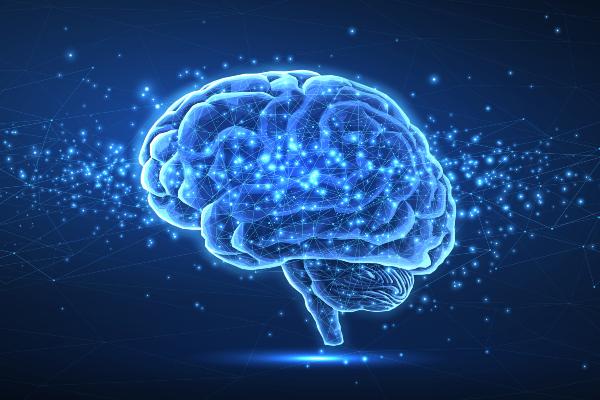
Track 20:
Trauma, Resilience & Stress Neurobiology
Understanding the neural basis of trauma and resilience is crucial for effective mental health interventions. This track explores stress response systems, neuroplasticity, and mechanisms that underlie adaptive and maladaptive outcomes. Research on PTSD, chronic stress, and resilience-promoting interventions will be discussed. Attendees will learn about biomarkers, therapeutic approaches, and neurobiological predictors of recovery. Emphasis will be placed on integrating neuroscience with psychotherapeutic and pharmacological strategies. By unraveling the biology of stress and resilience, this track informs personalized and evidence-based mental health care.
- Neural circuits and biomarkers of stress and trauma
- Resilience mechanisms and adaptive neuroplasticity
- Translational interventions for PTSD and stress-related disorders
